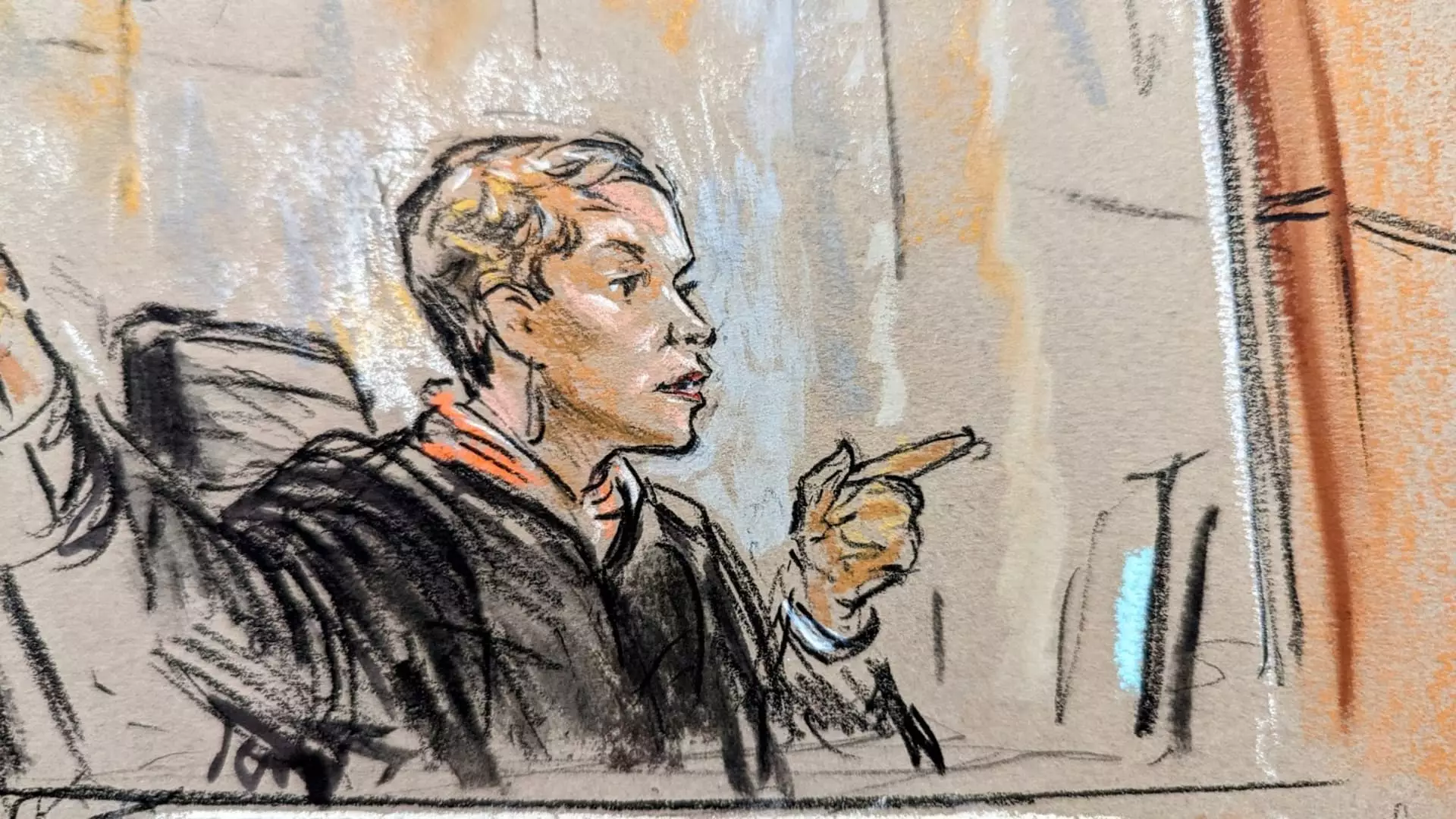In a striking escalation of rhetoric, Donald Trump recently referred to U.S. District Court Judge Tanya Chutkan as “the most evil person” for her decision to release nearly 1,900 pages of sealed documents tied to the election interference case against him. This verbal assault came during an appearance on Dan Bongino’s podcast, where Trump claimed that the timing of the document release, just before the November elections, serves a nefarious purpose aimed at undermining his candidacy. By suggesting that the judge is intentionally engaged in election interference, Trump not only personalizes the legal battle but also attempts to undermine the legitimacy of the judicial process at a critical juncture.
This accusation falls within a broader narrative that Trump has constructed over the years, positioning himself as the target of a corrupt establishment. However, Chutkan’s ruling to make the documents public was grounded in an essential principle of transparency. In her recent order, she provided counterarguments against Trump’s legal team’s claims for delaying the release, stressing that withholding this information from the public could potentially constitute election interference itself. This is a significant point worth analyzing: the delicate balance between judicial proceedings and the public’s right to be informed.
Trump’s ongoing legal challenges stem from charges related to his attempts to overturn the results of the 2020 presidential election. The special counsel, Jack Smith, has meticulously built a case against Trump, focusing on actions that question the integrity of the election process. The release of the documents in question was characterized by Chutkan as not merely procedural but crucial for the public understanding of a significant and controversial case. Her decision represents a determination to prioritize the community’s right to know over the defendant’s comfort regarding the trial’s timing.
Chutkan’s rejection of Trump’s defense lawyers’ requests emphasizes the judiciary’s commitment to uphold transparency, even in cases that have political ramifications. By implying that the judge’s actions are politically motivated, Trump seeks to distract from the substantive legal issues at hand. Chutkan has correctly pointed out that Trump’s legal team has relied heavily on political rhetoric rather than legal arguments, which undermines the integrity of the judicial proceedings.
Public perception plays an increasingly vital role in high-profile cases such as Trump’s. His inflammatory comments about Judge Chutkan seem designed to foster a narrative of victimhood among his supporters. By characterizing the legal proceedings as an assault by a biased judiciary, Trump aims to rally his base and frame the case as a politically motivated attack rather than a serious legal matter.
This situation raises concerns about the potential influence of public opinion on legal proceedings. When defendants publicly malign judges and prosecutors, it can create a toxic environment, complicating the judicial process. As demonstrated by Chutkan’s limited gag order earlier imposed on Trump, the court recognizes the risk that public outrage can pose to a fair trial. It is a cautionary tale about the fragility of judicial proceedings when they become entangled with political discourse.
The dialogue surrounding Trump’s remarks and Judge Chutkan’s rulings serves as a reflection of the broader tensions between politics and the judicial system in the United States. Trump’s statements about the judiciary’s integrity not only aim to sway public sentiment but also run the risk of undermining trust in the legal framework. This is particularly troubling at a time when faith in institutions is already precarious.
Chutkan’s assertion that Trump’s accusations lack substantial support is a crucial critique of his overall strategy. Legal proceedings should center on facts and evidence, not the narratives constructed in political arenas. This distinction becomes paramount as we navigate a political landscape increasingly characterized by polarization and distrust.
The conflict between Trump and Judge Chutkan underscores significant issues related to judicial transparency, the intertwining of politics and law, and the importance of maintaining the integrity of legal proceedings. As the case unfolds, it will be critical to monitor how these themes develop and what they mean for the future of both the judicial system and political discourse in America.

Leave a Reply